The psychology of social media privacy: Why we care about and what we can do to protect it
Social media has become an essential part of our lives, with billions of people using various platforms to connect, share, and engage in different online activities. While social media can be a useful tool, concerns about privacy and security have become increasingly prevalent. In this blog post, we will explore the psychology of social media privacy, why PurePrivacy cares about it, and what we, as users, can do to protect ourselves.
Why do we care about social media privacy?
The desire for privacy is a fundamental human need. We all have aspects of our lives that we prefer to keep private and only share with a select few. With social media, however, the lines between private and public can become blurred, and we can feel like our personal information is being exposed to the entire world. Pure Privacy ensures there is no loss of control of personal information and prevents feelings of vulnerability, anxiety, and mistrust.
Another reason why social media privacy is important is because of the potential consequences of data breaches. If our personal information falls into the wrong hands, it can be used for identity theft, fraud, and other malicious activities. This can have serious implications for our financial security, reputation, and even physical safety.
What can we do to protect our social media privacy?
The good news is that there are several steps we can take to protect our social media privacy. Here are some of the most effective ones:
1. Review your privacy settings:
Social media platforms allow users to customize their privacy settings to control who can see their posts, profile information, and other content. With an app like PurePrivacy, take ample time to review and adjust these settings to ensure that your information is only visible to those you trust.
2. Review your privacy settings:
Social media platforms allow users to customize their privacy settings to control who can see their posts, profile information, and other content. With an app like PurePrivacy, take ample time to review and adjust these settings to ensure that your information is only visible to those you trust.
3. Use strong passwords:
One of the most common ways that hackers gain access to social media accounts is through weak passwords. Pure Privacy allows you to use a combination of letters, numbers, and symbols to create a strong password that is difficult to guess.
4. Avoid phishing scams:
Phishing scams are a common way for hackers to steal personal information. Be wary of emails or messages that ask for your login credentials or other sensitive information. If in doubt, contact the social media platform directly to verify the legitimacy of the request.
5. Use two-factor authentication:
Two-factor authentication is an extra layer of security that requires users to enter a code sent to their phone or email in addition to their password. This can make it much more difficult for hackers to gain access to your account.
Conclusion
In conclusion, social media privacy is a complex issue that requires careful consideration. PurePrivacy understands the psychology of online privacy and has taken steps to protect the personal information of our users, so they can enjoy the benefits of social media without sacrificing their privacy and security.
Mariam Hameedi

May 3, 2023

2 years
suggested blogs
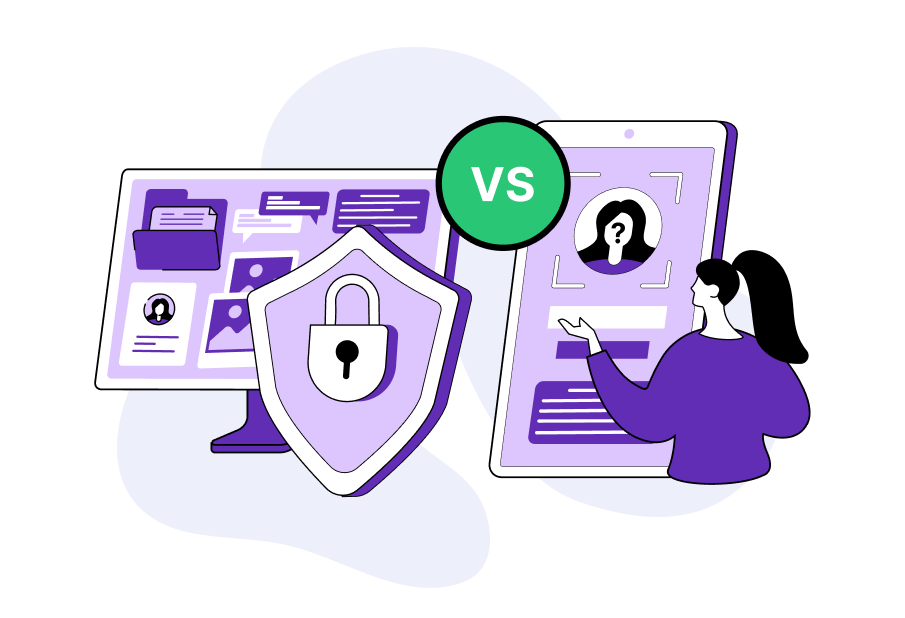
Just because you are doing something anonymously on the internet doesn’t mean your information is private and vice versa. While the terms ‘privacy’ and ‘anonymity’…
Read more
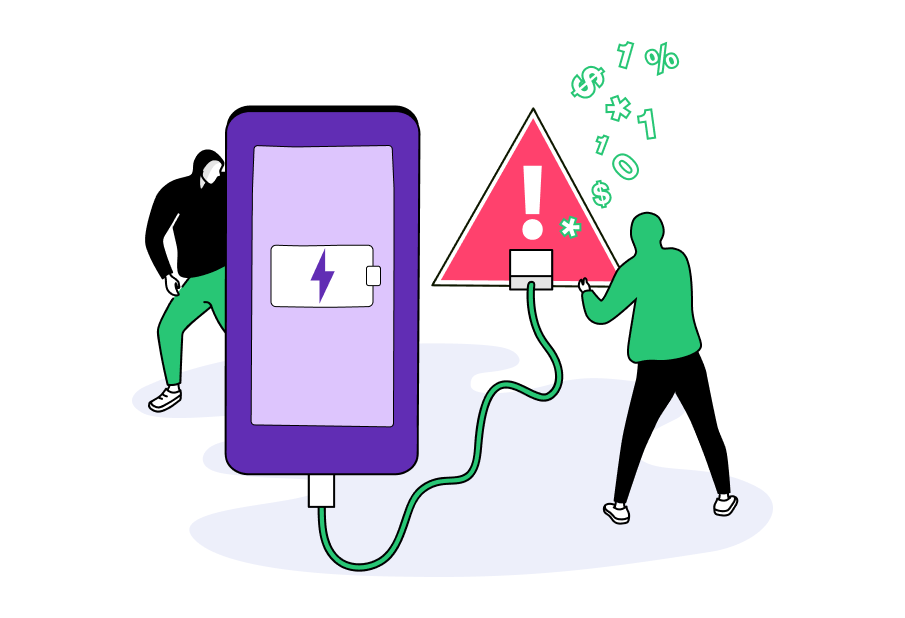
Planning the most-awaited vacation break soon but are having cyberattack nightmares? Or want to explore new destinations, yet the personal data breach headlines keep spreading…
Read more
Social media tracking has become an integral part of our daily lives, with social media platforms collecting data about our online behaviors, preferences, and interactions.…
Read more
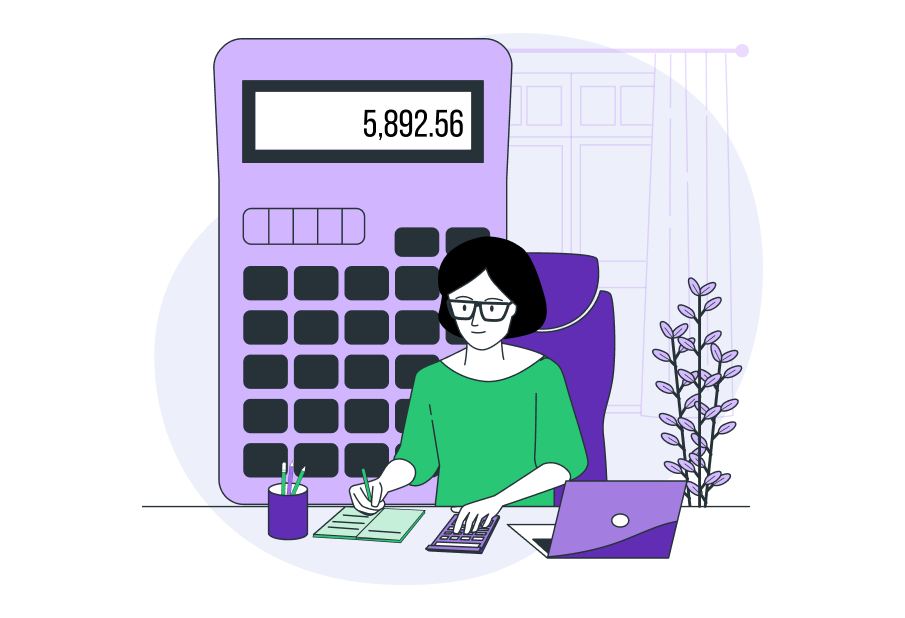
Tax season can be a stressful time for many people, especially those who are filing their taxes for the first time. However, even seasoned filers…
Read more
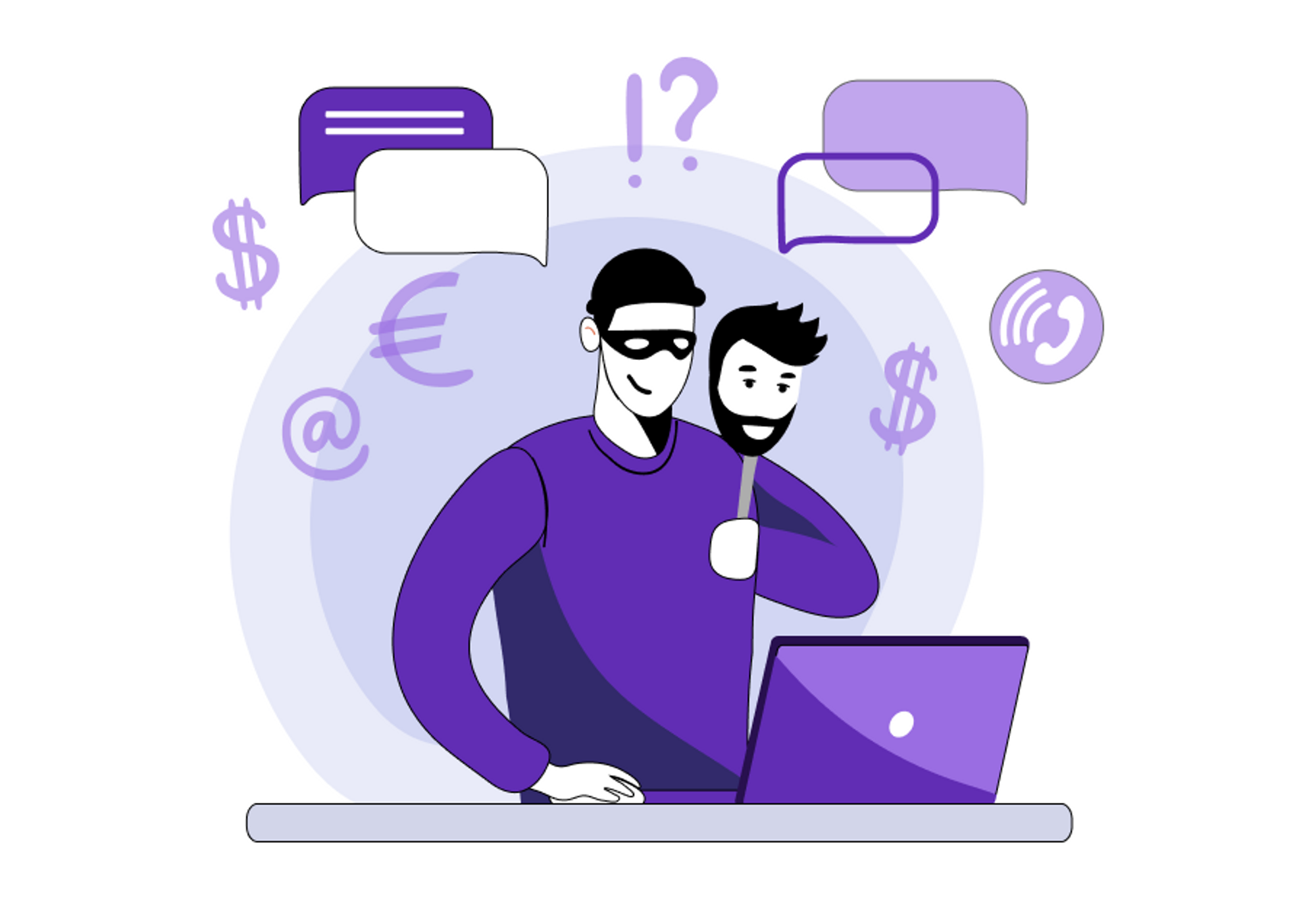
April Fools’ Day is known for its playful pranks and harmless hoaxes. Unfortunately, cybercriminals also take advantage of this day to launch their own scams,…
Read more
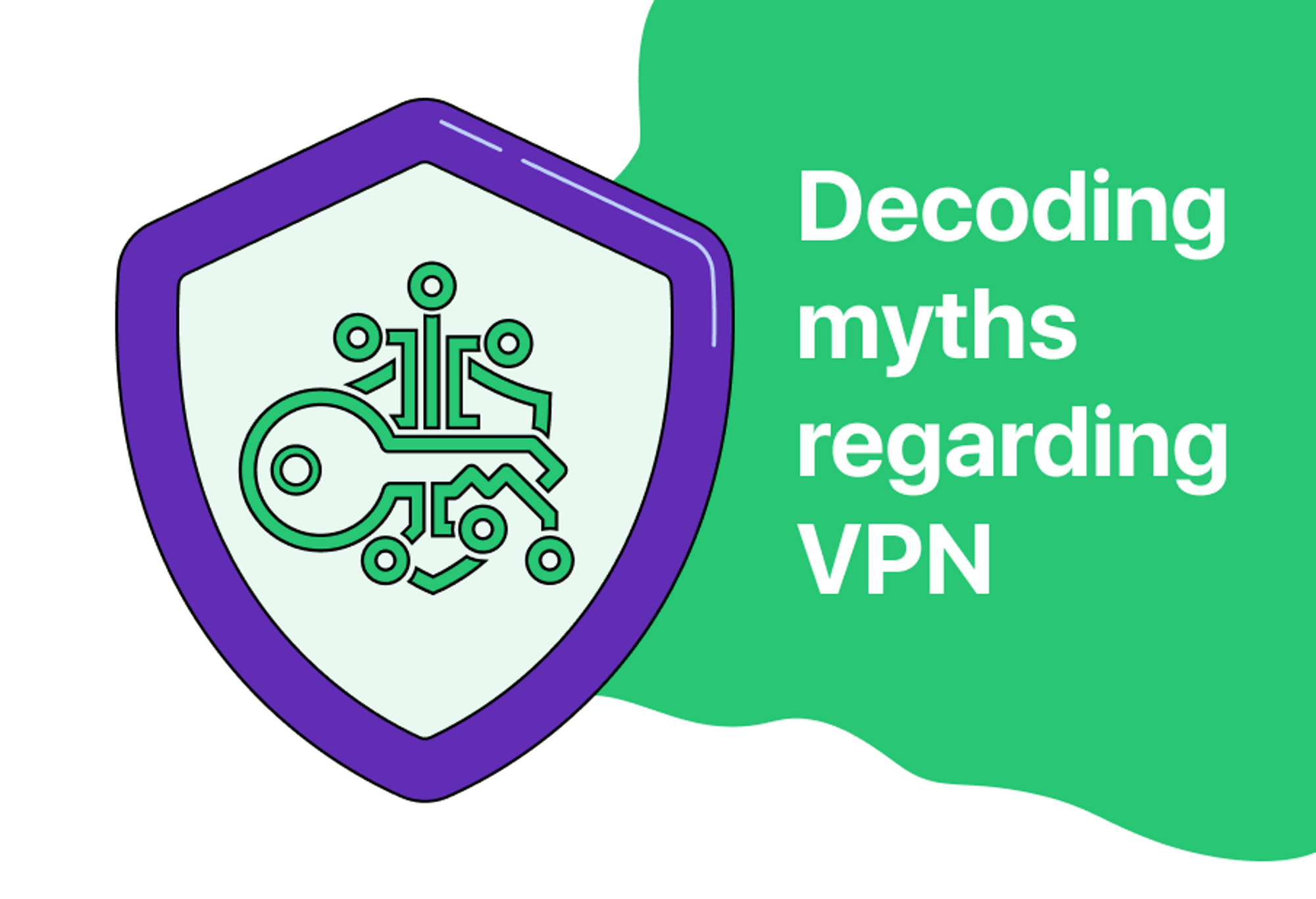
Happy April Fool’s Day, internet friends! As a VPN company, we thought we’d celebrate the occasion by sharing some of the most ridiculous, unbelievable, and…
Read more
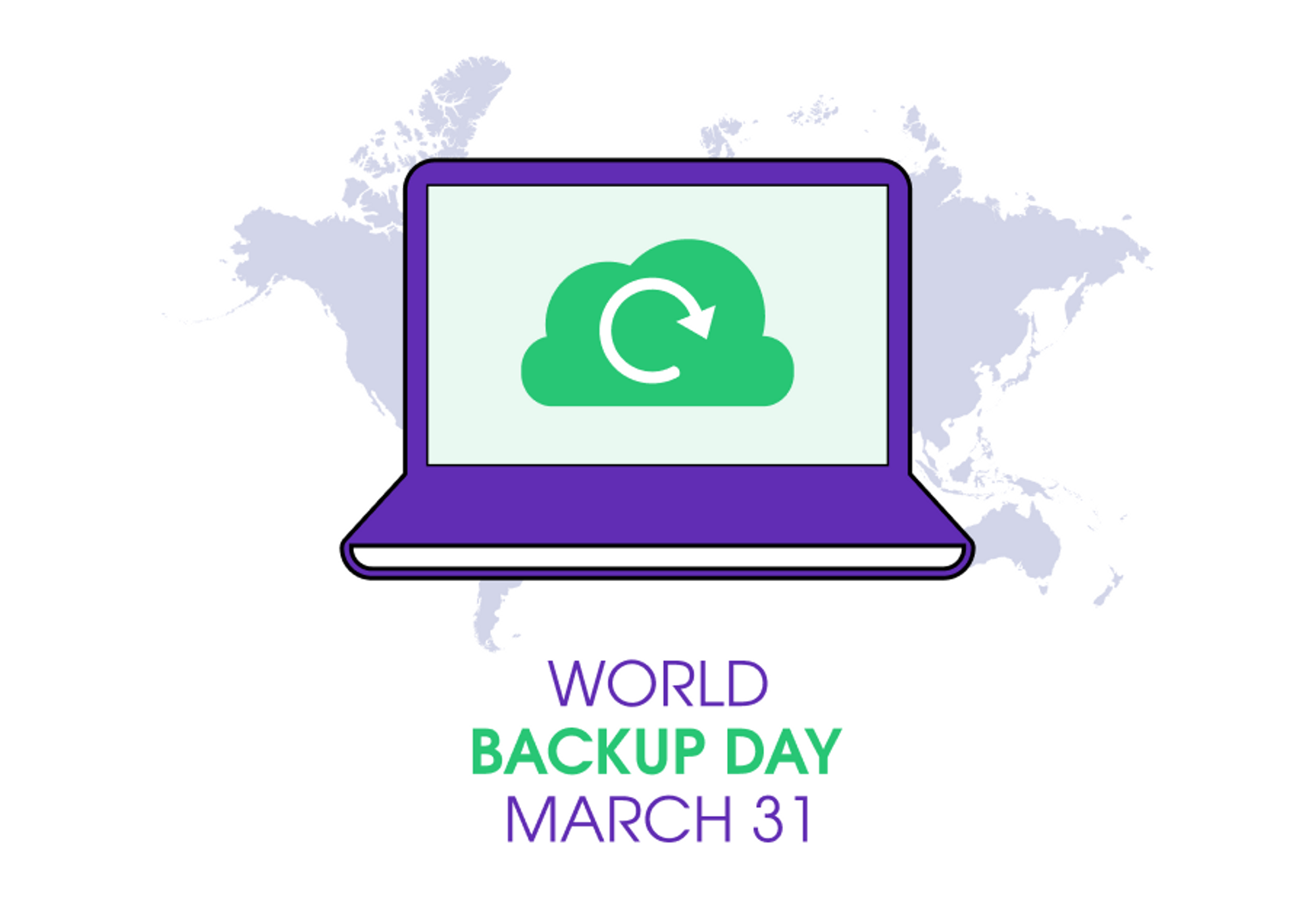
In today’s digital age, data has become a critical component of our lives. From personal photos and videos to important business documents, our digital information…
Read more
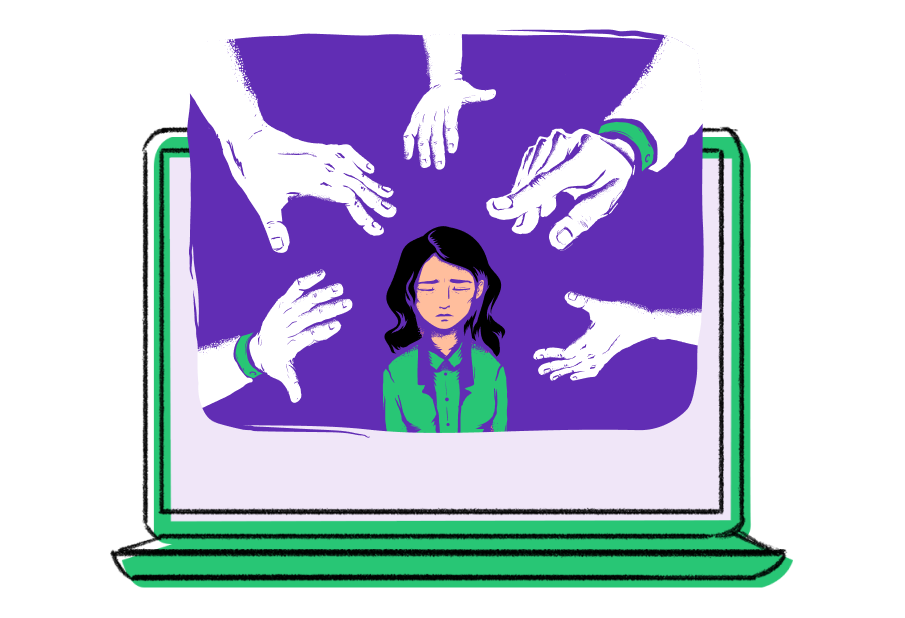
Description: Facts, stats, and data on the rising incidents of sexual harassment and violence women face on the internet every day Throughout history, the world has…
Read more
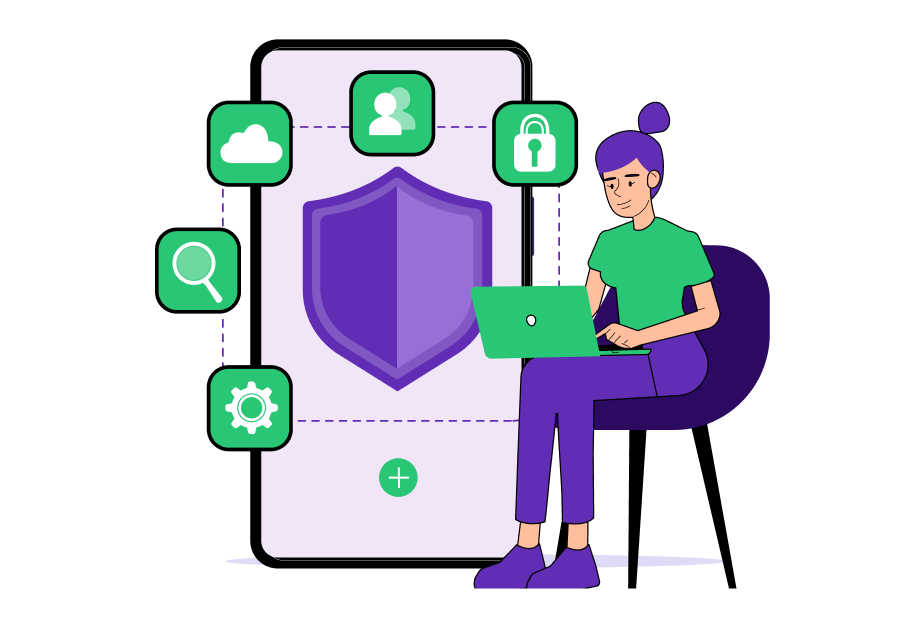
Description: This #InternationalWomensDay, we’re discussing ways women can protect themselves from online harassment Cybercrime is a serious issue that impacts everyone, but it can be…
Read more

This Valentine’s Day, share your sensitive dealings, not your feelings Valentine’s Day is supposed to be a day of love and letting yourself be vulnerable,…
Read more